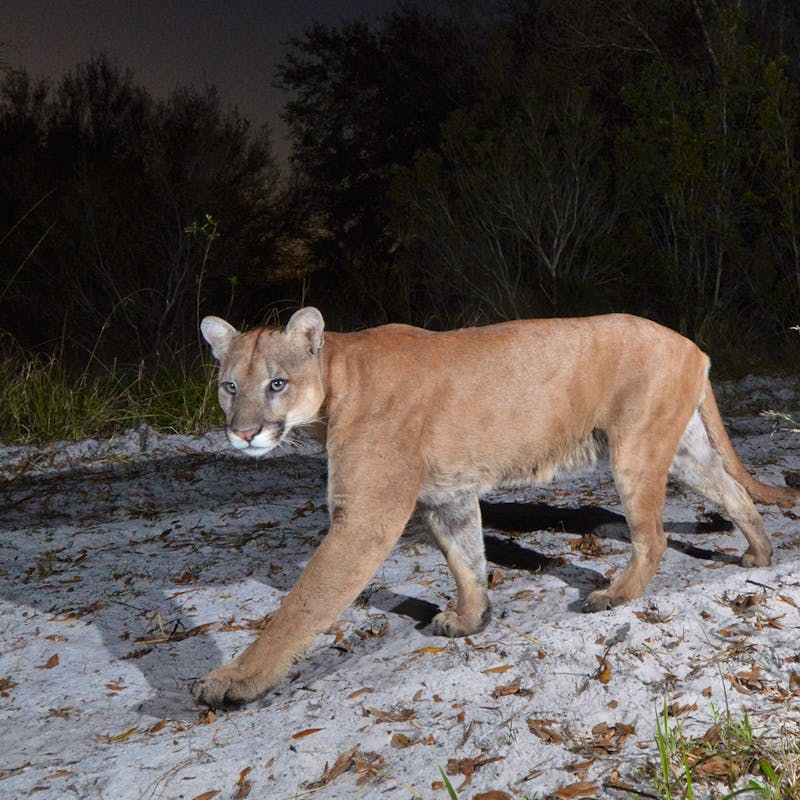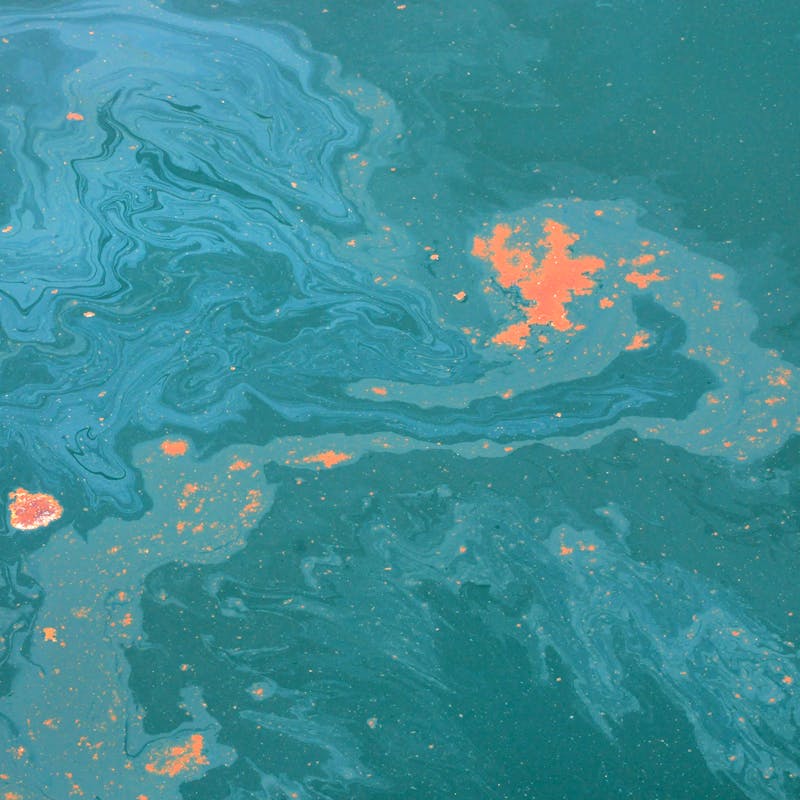For most of us, the ocean touches something deep within, and carries at least a bit of a spiritual connotation. We remember the first time that, as small children, we saw the glimmer of the sea, we were mesmerized by the waves, we wondered at the fragile and unusual wildlife. We carry salt water in our veins, so it not unexpected that we should empathize with the ocean itself, as if it heals us when we most need healing, and we hear it when it’s lure calls us home to the things that really matter in our lives.
As adults, our connection is often very direct. We gaze at the sea for inspiration, and our favorite life-sustaining foods, some of the healthiest things that we eat, rely on clean coastal waters. We take something so big for granted, as if the scale of the sea itself is clearly beyond our ability to damage its web of life. Or, as we have found out recently, maybe it is now within our reach to cause irreparable harm.
So when we see today that our runaway technology has gotten out of control and that we’ve fouled our nest, and the tragic result threatens all life in the ocean itself, we ache inside, we want to help alleviate the harm, and we want to somehow make it right. But the scale of the forces of nature is apparent in the sea, ironically made more visible by the spilled oil. The wind, the waves, the tides and the ocean currents are never more beyond our control than when they spread the poison of an oil spill at the whim of the sheer power of nature. No matter how we yearn to protect the delicate the ecosystems that are threatened by the toxic tide relentlessly advancing along the Gulf Coast, we are essentially now powerless observers.
There are lessons to be learned from the many powerful images of the Gulf Coast oil spill. Some of the technical lessons will take time to emerge, as investigations and congressional hearings bring to light more of the specific details of what went wrong. Some of the visceral messages are being felt in our hearts, and we already see the ocean with new eyes, not taking it’s vitality for granted any more.
Even as oil coats our shores and slowly smothers our wildlife, it is not too soon to reach the inevitable conclusion that some of our most fragile, our most treasured coastal waters remain in the cross-hairs of the oil industry and the administration, with sensitive coastlines throughout America still targeted for even more new offshore drilling, and we will need to stand together to redirect their misguided plans.
In the near term, this means stopping the imminent sacrifice of the Arctic Ocean, where Shell has recently received White House approval for the first exploratory drilling. Similar to the Deepwater Horizon activity, it is now only weeks away. In the Arctic Ocean, any attempt to clean up an oil spill would be completely futile, complicated by broken sea ice, seasonal darkness, and the inevitability that any spilled oil would become entrapped beneath the ice sheet, where it could not be tracked, and where it would have a residence time and acute toxicity, without weathering, of a century or more. And in the Arctic, the nearest drilling rig capable of executing a “relief well” – needed immediately in the event of a blowout like that now unfolding in the Gulf of Mexico – would be weeks or even months away.
It is now incumbent on all of us, as we see through the chain of disinformation now flowing with the spreading oil slicks out of the Gulf of Mexico, to make certain that the lifegiving lessons that we, as a society, are just now learning are applied immediately, before the next Deepwater Horizon disaster is allowed to take place, whether it be on the Outer Banks of North Carolina, just outside of Chesapeake Bay, or amidst the polar bears of the Arctic Ocean. This cannot be allowed to happen again elsewhere.






Follow Defenders of Wildlife
facebook bluesky twitter instagram youtube tiktok threads linkedin